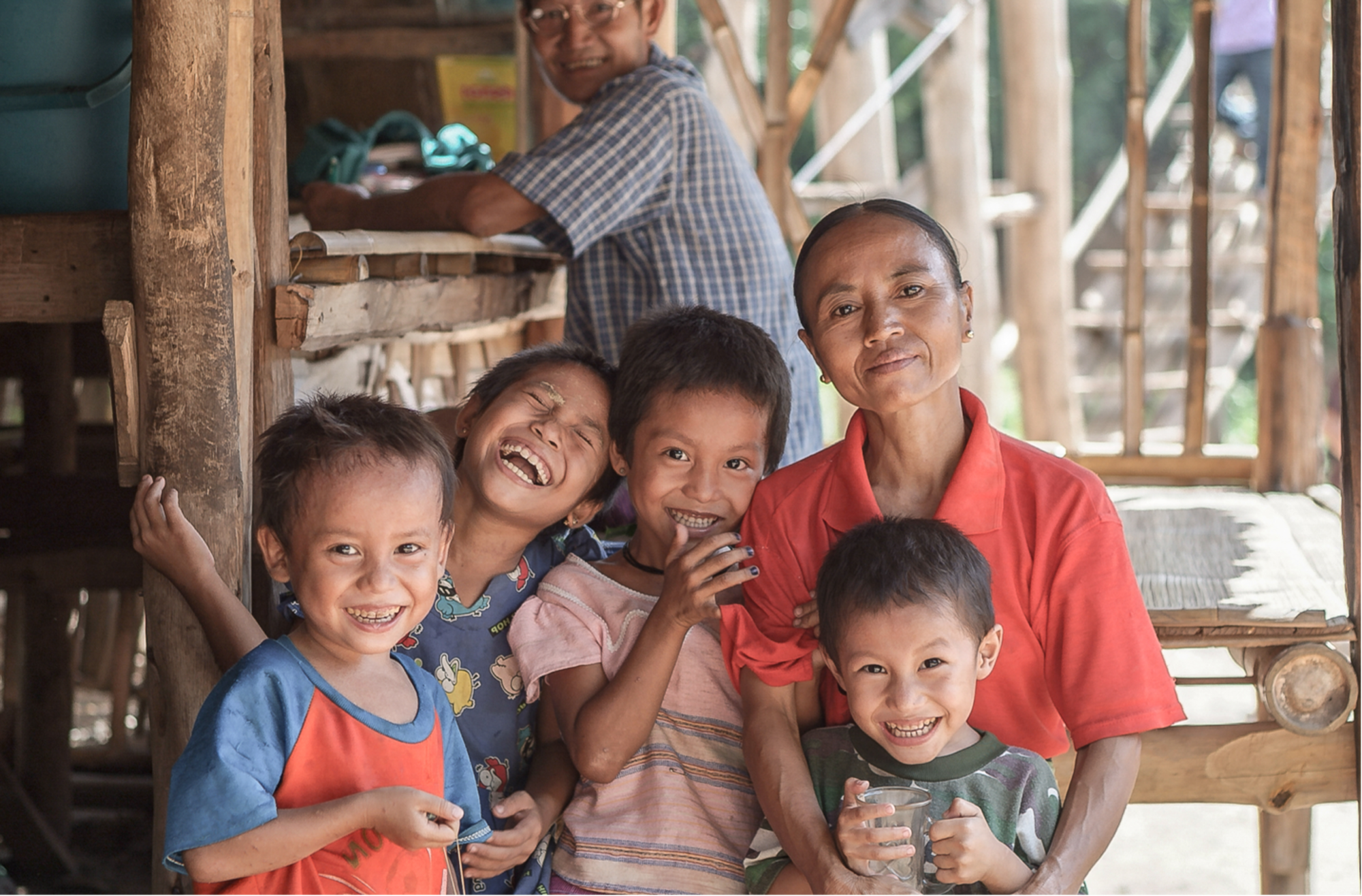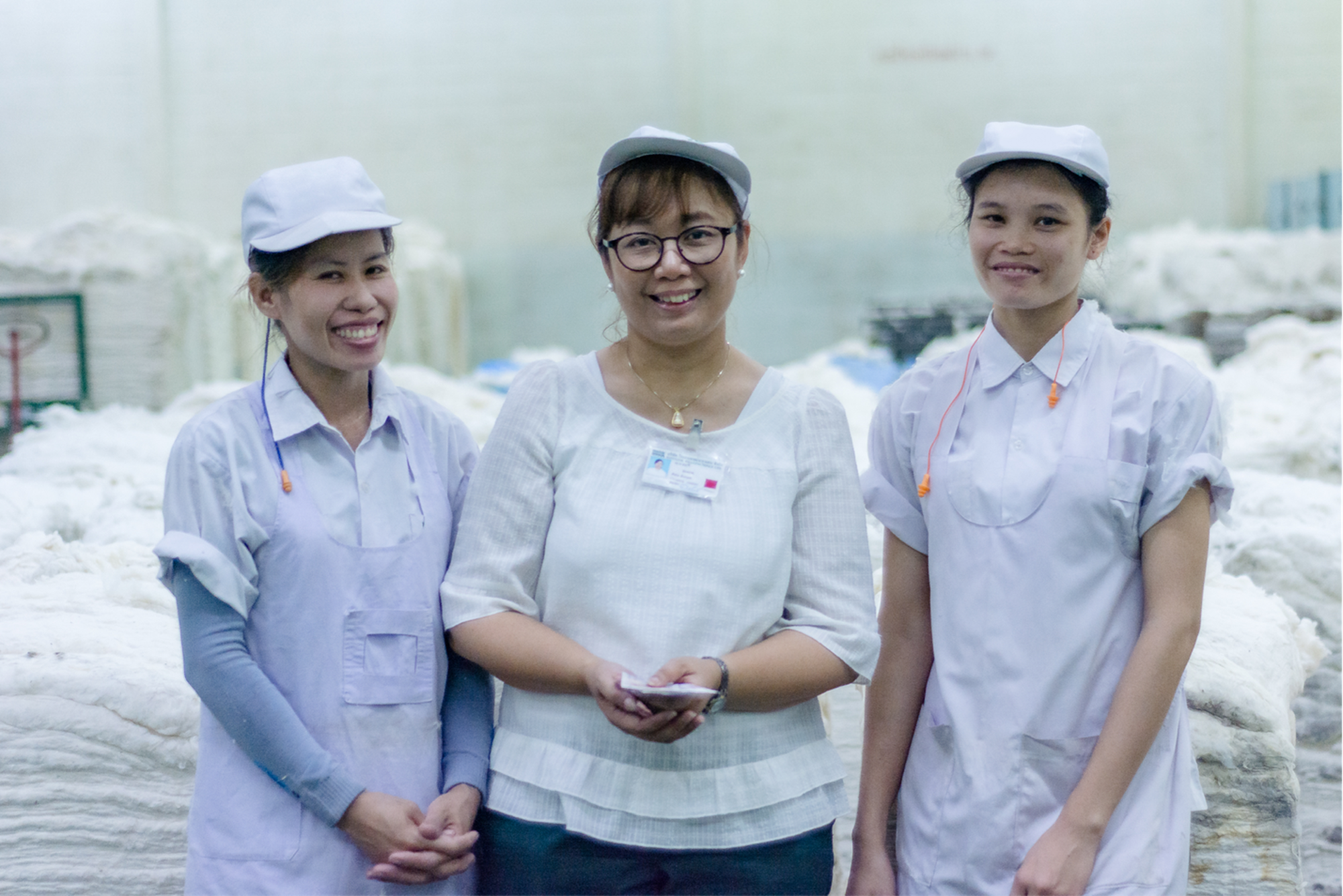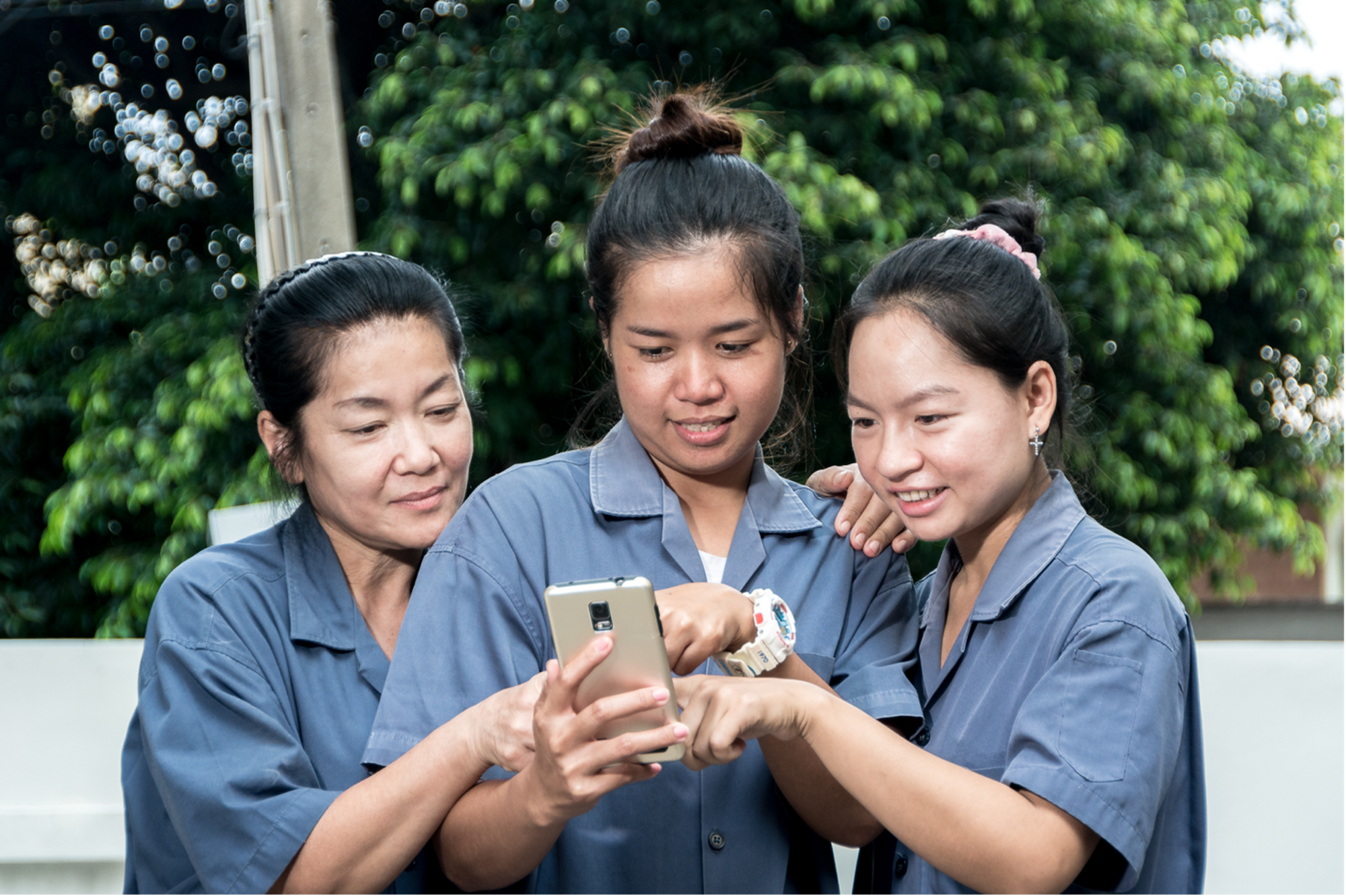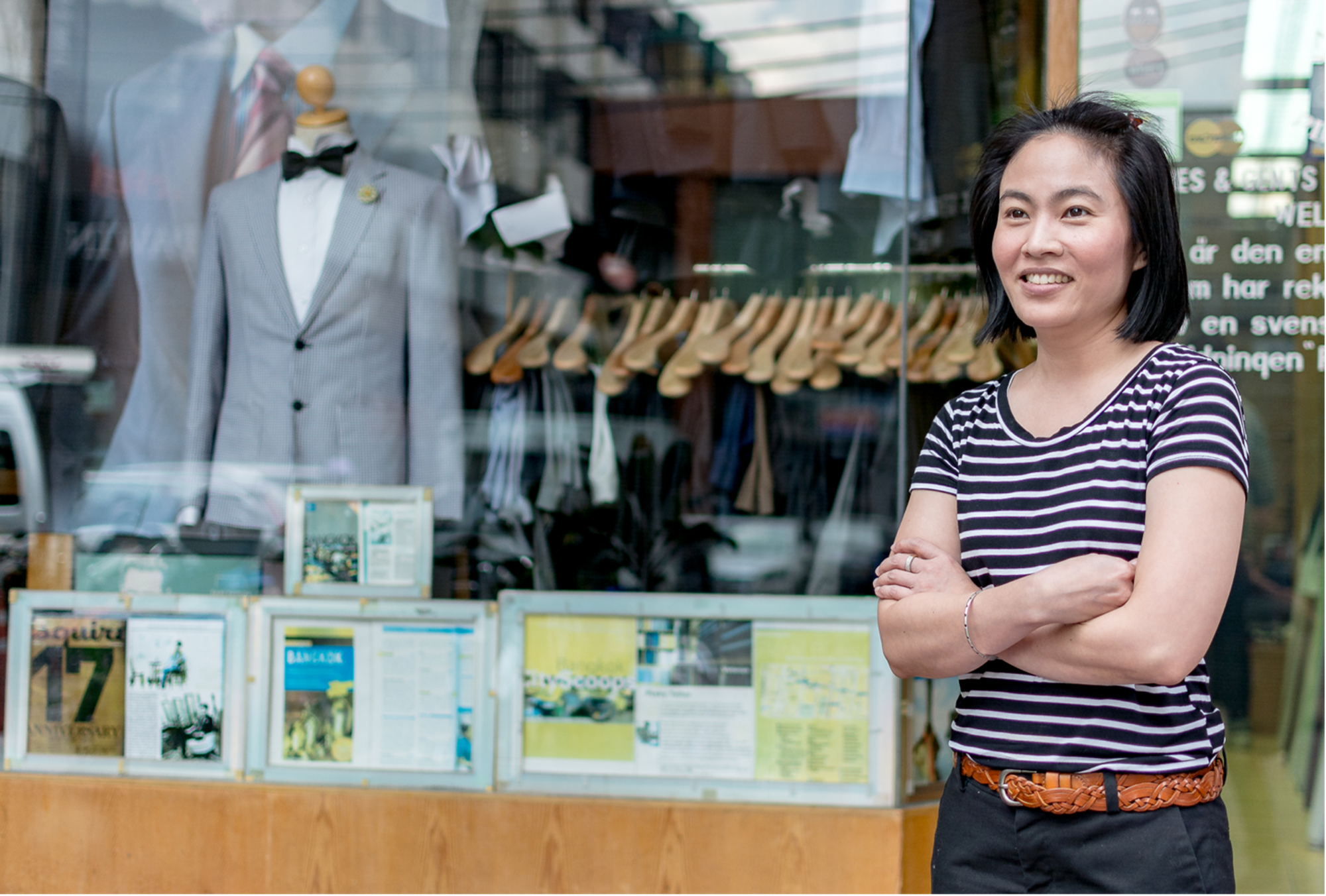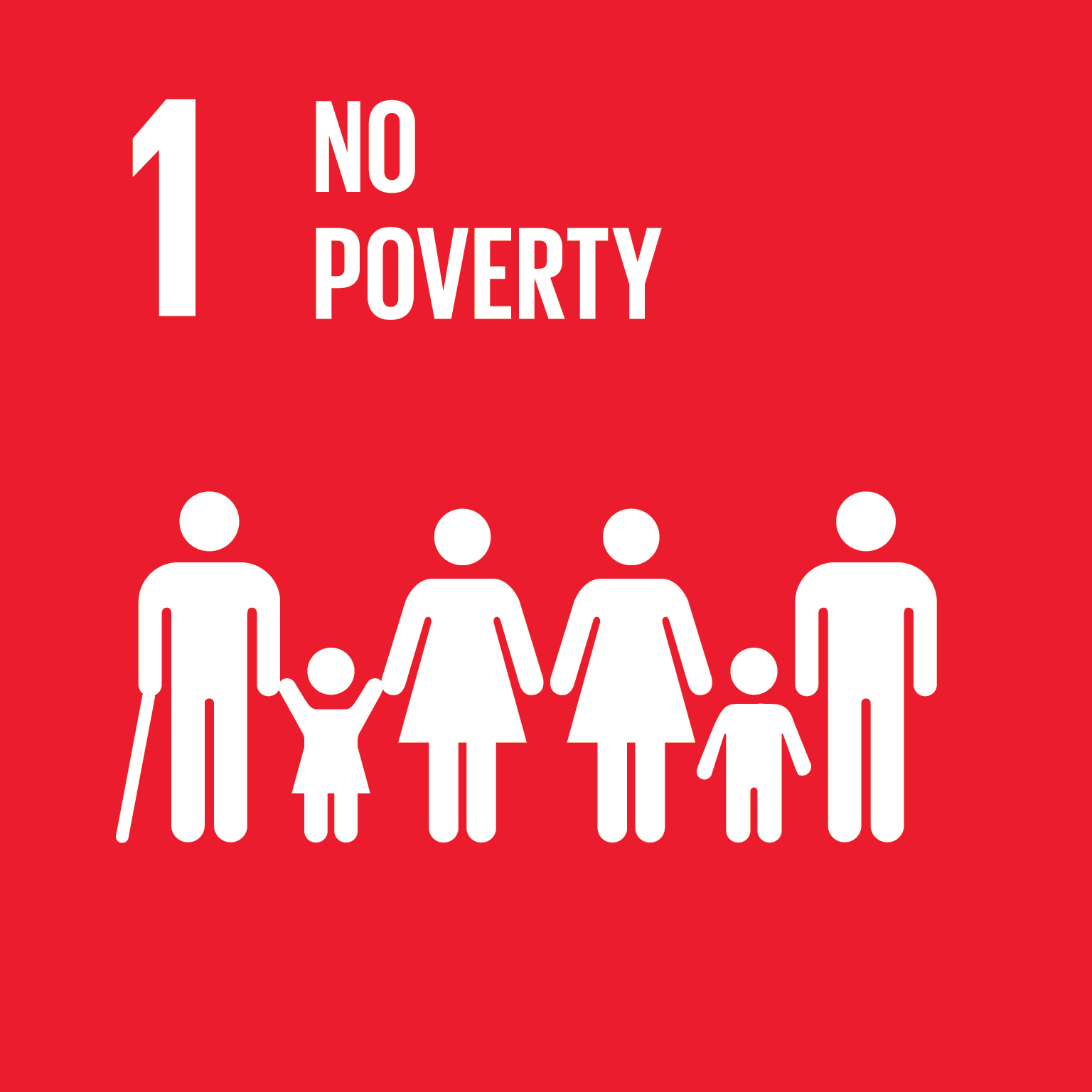 Shaping Inclusive Finance Transformations (SHIFT)
Innovative partnerships to accelerate financial inclusion and women’s economic empowerment
Shaping Inclusive Finance Transformations (SHIFT)
Innovative partnerships to accelerate financial inclusion and women’s economic empowerment

Challenges
Countries from the Association of Southeast Asian Nations (ASEAN) have been experiencing economic growth estimated at 3.3 percent in 2020. However, economic development and regional cooperation do not guarantee equal opportunities for everyone to improve their social and economic circumstances. The challenges of inclusion are illustrated by 265 million, or 44 percent, of adults in ASEAN who are still unbanked, combined with high levels of informal financial activities.
Towards a Solution
Against this background, SHIFT aims to advance financial markets with a focus on women’s economic empowerment through digital and financial inclusion. The programme’s goal is to assist six million – one million directly and five million indirectly – low-income people of whom at least 65 percent would be women consumers. SHIFT has contributed towards the achievement of SDGs 1 and 5 by focusing on the financial inclusion of low-income women, as well as small businesses owned or managed by women, or which primarily employ or serve women. In addition, SHIFT has contributed to SDGs 7, 8, 9, 10, 11 and 17. Regarding the Istanbul Plan of Action (IPoA), SHIFT has addressed Priorities 5 and 7.
Over the years, SHIFT has reached 2.95 million direct beneficiaries in ASEAN, delivering financial services to 74,223 MSMEs and 2.876 million individuals. The overall proportion of women reached through the programme is 39.3 percent, and 85.8 percent amongst entrepreneurs.
SHIFT uses a market facilitation approach in its implementation. This involves looking at the entire eco-system surrounding the delivery and use of financial services, and what drives the behaviour of market actors - low-income people, businesses and excluded segments within these markets such as women and young people, financial institutions, busi- ness development service providers and regulators.
Through technical assistance provided by SHIFT, Cambodia, Lao PDR and Viet Nam have now incorporated gender mainstreaming in their respective national financial inclusion strategies. In addition, the central banks of Cambodia and Viet Nam have improved their data analytics and decision-making capabilities.
In terms of policy impact, to support the implementation of the 2016 Denarau Action Plan signed by all members of the Alliance for Financial Inclusion, SHIFT supported the inclusion of gender in the policy agenda of member countries by developing toolkits for regulators and helped to collect gender-disaggregated data in national planning.
Within ASEAN, SHIFT helped to prioritize and institutionalize financial inclusion best practices by setting up the ASEAN Working Committee on Financial Inclusion (WC-FINC). Regarding the contribution of SHIFT to reduced vulnerability, in Viet Nam, one of the programme partners, LienVietPostBank reported that, after bill payments, their ViViet mobile app was mainly used for savings.
Thanks to SHIFT’s support, the impact of COVID-19 on some partners has been mitigated as clients made better use of technology, boosting digital payments. For example, BRAC in Myanmar, despite the COVID-19 outbreak and a lockdown on lending, still onboarded 4,673 new individual loan customers, transferred 1,048 female micro-entrepreneurs from group loans to individual loans, and renewed another 5,869 individual loans in 2020.
SHIFT supported women’s financial inclusion through cross-regional South-South cooperation. Thanks to the lessons learned in the ASEAN region, a new programme with a similar approach was implemented in the South Asian Association for Regional Cooperation (SAARC) region, particularly in Bangladesh. There the focus has been on empowering micro-merchants and, although the sector mostly employs men, significant efforts were made to target female micro-merchants following the recommendations of the PoWER assessment on women’s challenges in Bangladesh.
Another example where SHIFT learnings were applied to another context, as part of South-South cooperation, is Myanmar. This transfer of knowledge resulted in training for 11 financial service providers to design gender-sensitive financial products. SHIFT raised awareness on the importance of gender diversity in the workforce and best practices in terms of organizational policies. Based on this support from SHIFT, the Myanmar programme was expanded to include a component focused specifically on increasing the digital financial literacy of 120,000 women in the country.
The good results achieved by SHIFT over the years, as well as the adoption of SHIFT approaches by other countries in the region, prove the success of this initiative in promoting women’s economic empowerment through South-South cooperation, as well as its sustainability over time.
Contact Information
Countries involved
Supported by
Implementing Entities
Project Status
Project Period
URL of the practice
Primary SDG
Primary SDG Targets
Secondary SDGs
Secondary SDG Targets
Similar Solutions
| NAME OF SOLUTION | Countries | SDG | Project Status | |
|---|---|---|---|---|
360-Degree Awareness Tool to Fight COVID-19 Raising awareness and ensuring public wellbeing through a one-stop platform for fighting COVID-19 in Bangladesh |
Bangladesh, Cambodia, Fiji, Indonesia, Lao People’s Democratic Republic, Myanmar, Nepal, Samoa, Singapore, Viet Nam | 16 - Peace and Justice Strong Institutions | Ongoing | View Details |
A Billion Brains: Smarter Children, Healthier Economies High Level Meeting on South-South Cooperation for Child Rights |
Bangladesh, Cambodia, Fiji, Indonesia, Lao People’s Democratic Republic, Myanmar, Nepal, Samoa, Singapore, Viet Nam | 17 - Partnerships for the Goals | Completed | View Details |
A-Card Initiative |
Bangladesh, Cambodia, Fiji, Indonesia, Lao People’s Democratic Republic, Myanmar, Nepal, Samoa, Singapore, Viet Nam | 10 - Reduced Inequalities | Completed | View Details |
Accelerating Digital Transformation in All Ministries in Bangladesh Promoting the rapid design and implementation of plans to digitize all ministries and subordinate government institutions in Bangladesh |
Bangladesh, Cambodia, Fiji, Indonesia, Lao People’s Democratic Republic, Myanmar, Nepal, Samoa, Singapore, Viet Nam | 10 - Reduced Inequalities | Ongoing | View Details |
Accelerating the Implementation of African Union Treaties in São Tomé and Príncipe South-South learning from the Beninese judicial system’s experience in the application of human rights treaties to its national law |
Bangladesh, Cambodia, Fiji, Indonesia, Lao People’s Democratic Republic, Myanmar, Nepal, Samoa, Singapore, Viet Nam | 05 - Gender Equality | Completed | View Details |
